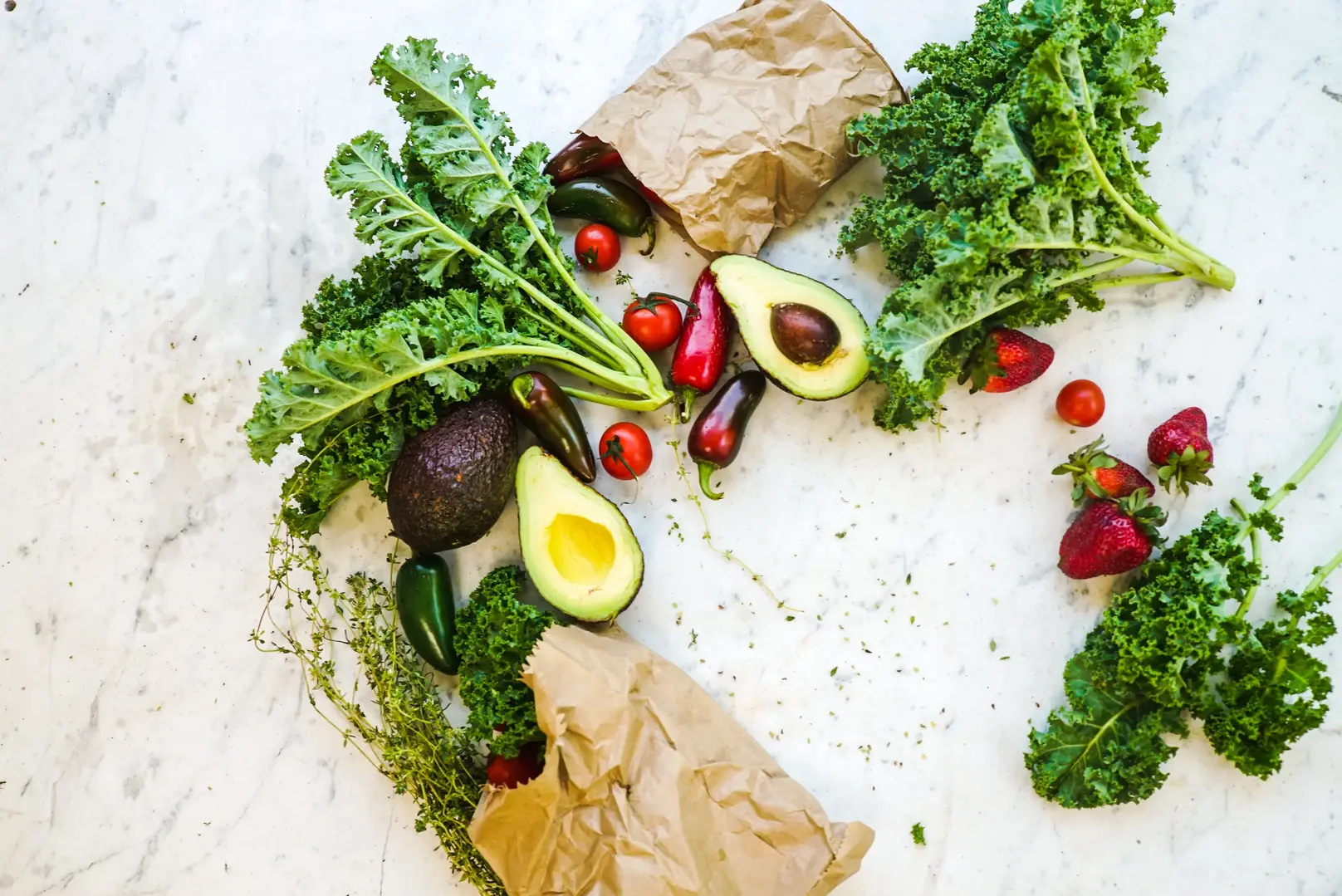Posted December 6, 2023

The significance of maintaining excellent eye health cannot be overstated. Our eyes serve as our primary gateway to experiencing the world, making it paramount that we prioritise steps to preserve and enhance our vision.
While routine eye check-ups and protective measures like wearing sunglasses are indeed crucial, nutrition plays a substantial role in the overall maintenance of healthy eyes.
In this blog, we'll delve into the intrinsic connection between nutrition and eye health, with a particular focus on the foods and nutrients that play a pivotal role in promoting good vision. Among these, vitamin A and omega-3 fatty acids shine as essential contributors to ocular well-being.
Maintaining good eye health is not just about routine check-ups; it's also about the foods you consume.
Proper nutrition is crucial for safeguarding your vision and preventing a range of eye conditions. Nutrients like vitamins A, C, and E, as well as minerals such as zinc and antioxidants, are essential for the health of your eyes.
Eating well not only protects against age-related eye conditions but can also alleviate discomfort caused by dry eyes and reduce the risk of diabetic retinopathy in those with diabetes.
By making informed dietary choices, you can actively contribute to preserving your precious sense of sight and improve your overall health in the process.
Vitamin A stands out as one of the most critical nutrients when it comes to safeguarding the health of our eyes. It plays a central role in the proper functioning of the retina, which is indispensable for ensuring clear and sharp vision. A deficiency in vitamin A can give rise to various eye ailments, including night blindness, dry eyes, and even severe conditions such as xerophthalmia.
Carrots: These vibrant orange vegetables are renowned for their vitamin A content, helping enhance night vision and bolster overall eye health.
Sweet Potatoes: Besides being a delicious dietary inclusion, sweet potatoes emerge as an excellent source of vitamin A, promoting robust eye health.
Spinach and Kale: Leafy greens like spinach and kale not only provide vitamin A but also pack an antioxidant punch that protects the eyes from harm wrought by free radicals.
Liver: For those who include animal products in their diet, liver offers a potent source of vitamin A.
Omega-3 fatty acids, particularly docosahexaenoic acid (DHA) and eicosapentaenoic acid (EPA), assume a vital role in maintaining the health of the macula, a crucial part of the retina responsible for central vision. These fatty acids also assist in reducing inflammation and ensuring proper tear production, thus playing a pivotal role in preventing dry eye syndrome.
Fatty Fish: Salmon, mackerel, trout, and sardines reign as superb sources of DHA and EPA, making them excellent choices to promote ocular well-being.
Chia Seeds and Flaxseeds: These plant-based powerhouses furnish alpha-linolenic acid (ALA), which can be converted into DHA and EPA within the body.
Walnuts: As another plant-based option, walnuts contain ALA, contributing to your omega-3 intake.
Lutein and zeaxanthin, both carotenoids, play a pivotal role in shielding the eyes from the detrimental effects of harsh light and oxidative damage. Their significance becomes evident in their ability to lower the risk of age-related macular degeneration (AMD) and cataracts.
Spinach and Kale: These leafy greens, already prized for their vitamin A content, additionally house substantial levels of lutein and zeaxanthin.
Corn: Corn represents another source of these beneficial carotenoids.
Eggs: The yolks of eggs contain lutein and zeaxanthin, making them a noteworthy addition to your diet for ocular health.
Zinc, along with vitamins C and E, assume an essential role in sustaining the health of the eyes. These nutrients act as protective agents against age-related vision problems and cataracts, with zinc, in particular, being found in high concentrations within the retina.
Oysters: Oysters reign supreme as a top source of zinc.
Citrus Fruits: Oranges and grapefruits offer ample amounts of vitamin C, a key antioxidant that promotes eye health.
Nuts and Seeds: Almonds and sunflower seeds prove to be reliable sources of vitamin E, further bolstering ocular well-being.
Incorporating a diverse array of nutrient-rich foods into your diet presents a straightforward yet highly effective approach to foster good vision and sustain optimal eye health. It is worth bearing in mind that a balanced diet, when complemented by routine eye examinations and the adoption of protective measures such as wearing sunglasses, constitutes a robust strategy for ensuring that your vision remains clear and sharp throughout your lifetime. By making informed choices about the foods you consume, you are actively engaging in the preservation of your most precious sensory asset - your eyesight.
 Book An Eye Test
Book An Eye Test